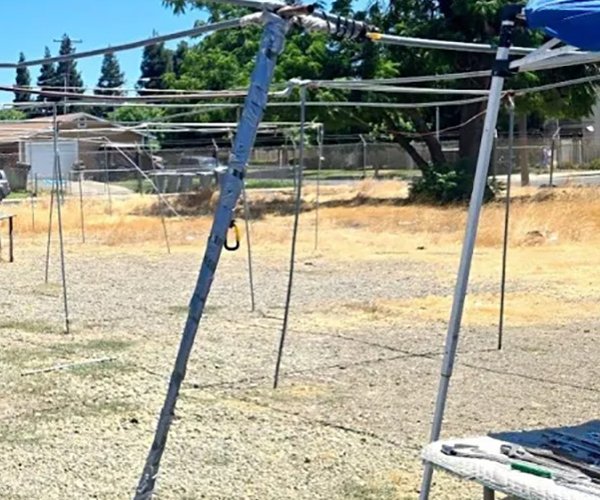Congressman Josh Harder (D-Turlock) has introduced a bill in memory of Newman Police Cpl. Ronil Singh that aims to make funding educational opportunities easier for the spouses and family of fallen law enforcement personnel.
“Heroes like Corporal Singh risk their lives every single day to protect our communities – the least we can do is give them the peace of mind that if something does happen to them while they’re keeping us safe, that their families will be taken care of,” said Rep. Harder. “Folks like Anamika Singh, who lost a spouse in the line of duty, shouldn’t have to worry about trying to make ends meet while also saving for college all on one salary. That’s why this bill is so important, and I am so honored that the Singh family worked with us to develop it.”
Cpl. Singh immigrated to the United States from Fiji. He grew up dreaming of becoming a police officer in America. Singh initially volunteered with the Modesto Police Department and went on to serve as a Code Enforcement Officer for the Turlock Police Department. While working for Turlock, he attended a police academy that required him to commute up to five hours a day. After graduating from the police academy, he served as a custodial deputy sheriff with Merced County and then as a Corporal for the Newman Police Department.
“Ronil lived the American dream and became a police officer thanks to his struggle, commitment, and sacrifice for the communities he loved – that’s what makes a hero,” said Corporal Singh’s wife, Anamika. “This bill keeps Ronil’s dream alive by ensuring that the families of all fallen officers, can achieve their goals through education anywhere in the nation.”
Education has always been a priority for the Singh family, and both Ronil and his wife, Anamika, continued their studies after earning their degrees. The family started a college savings account for their son, Arnav, before he was three months old.
The Corporal Ronil Singh and Fallen Heroes Scholarship Act would guarantee the spouses of law enforcement officers who died while in the line of duty receive automatic access to Pell Grants. The bill would require the Department of Education to estimate that qualifying students have no Expected Family Contribution to their post-secondary studies. Pell Grants are provided to students who are not expected to have substantial financial support towards their post-secondary studies. Unlike student loans, these grants do not require repayment. Children of law enforcement officers who die in the line of duty currently qualify for similar benefits, but spouses do not have access.
“Every day across America, thousands of law enforcement officers serve their communities with dignity, honor and valor,” said Stanislaus County Sheriff Jeff Dirkse. “Tragically, every year dozens are killed in the line of duty, leaving behind parents, husbands, wives and children. Providing college grants for spouses will honor their sacrifice.”








